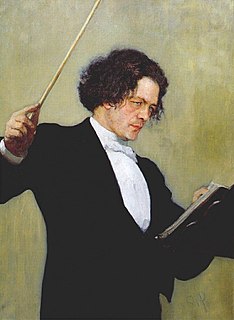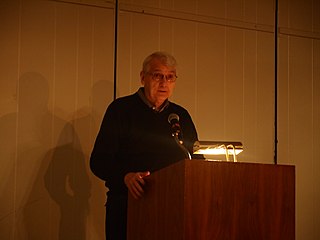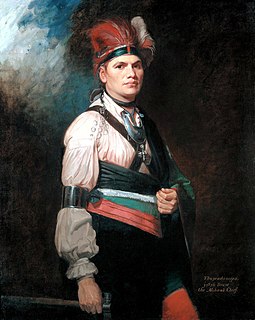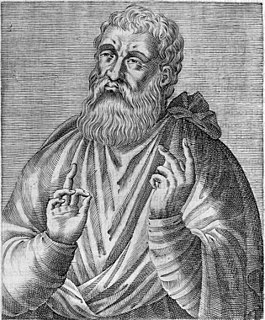A Quote by Elie Wiesel
Christians call it the "Sacrifice of Isaac," and Jews call it the "Binding of Isaac."
Related Quotes
Everyone knows the beautiful story of Abraham and the sacrifice of Isaac. How this noble father led his child to the slaughter; how Isaac meekly submitted; how the farce went on till the lad was bound and laid on the altar, and how God then stopped the murder, and blessed the intending murderer for his willingness to commit the crime.
Long ago, Sir Isaac Newton gave us three laws of motion, which were the work of genius. But Sir Isaac's talents didn't extend to investing: He lost a bundle in the South Sea Bubble, explaining later, 'I can calculate the movement of the stars, but not the madness of men.' If he had not been traumatized by this loss, Sir Isaac might well have gone on to discover the Fourth Law of Motion: For investors as a whole, returns decrease as motion increases.
Physicist Isador Isaac Rabi, who won a Nobel Prize for inventing a technique that permitted scientists to probe the structure of atoms and molecules in the 1930s, attributed his success to the way his mother used to greet him when he came home from school each day. "Did you ask any good questions today, Isaac?" she would say.
Do you call yourselves Christians? Does then the religion of Him whom you call your Savior inspire your spirit, and guide your practices? Surely not. It is recorded of him that a bruised reed he never broke. Cease, then, to call yourselves Christians, lest you declare to the world your hypocrisy. Cease, too, to call other nations savage, when you are tenfold more the children of cruelty than they.
For I choose to follow not men or men's doctrines, but God and the doctrines [delivered] by Him. For if you have fallen in with some who are called Christians, but who do not admit this [truth], and venture to blaspheme the God of Abraham, and the God of Isaac, and the God of Jacob; who say there is no resurrection of the dead, and that their souls, when they die, are taken to heaven; do not imagine that they are Christians
This prophecy of a coming enlightenment is echoed in virtually every faith and philosophical tradition on Earth. Hindus call it the Krita Age, astrologers call it the Age of Aquarius, the Jews describe the coming of the Messiah, theosophists call it the New Age, cosmologists call it Harmonic Convergence and predict the actual date of December 21, 2012.
The world does not consist of 100 percent Christians and 100 percent non-Christians. There are people (a great many of them) who are slowly ceasing to be Christians but who still call themselves by that name: some of them are clergymen. There are other people who are slowly becoming Christians though they do not yet call themselves so.
Isaac Watts, of course, is a hymn writer in the tradition of Congregationalism who lived in the seventeenth and early eighteenth century. He is very interesting and important because he was also a metaphysician. He knew a great deal about what was, for him, contemporary science. He was very much influenced by Isaac Newton, for example. There are planets and meteors and so on showing up in his hymns very often. But, again, the scale of his religious imagination corresponds to a very generously scaled scientific imagination.

































